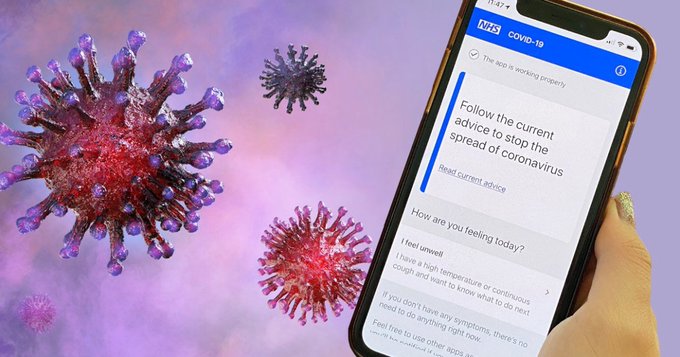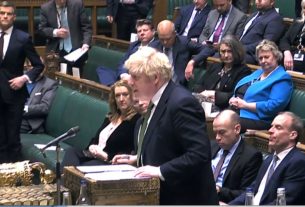With the NHS contact tracing app pilot scheme well underway on the Isle of Wight, civil liberty groups remain concerned about privacy violations. Although uptake may be as low as 20 per cent, the government hopes to make the app an integral element of its plan to ease restrictions. Getting the economy back up and running appears the primary goal at present with the Prime Minister urging people to ‘use their common sense’ and get back to work if possible.
The app helps authorities to track the spread of COVID19 while alerting the public and getting people to self-isolate if necessary. Downloading the app is not mandatory, however, the government is hoping for a sizeable uptake. Users can download the app, and if they develop COVID-19 symptoms or test positive for the virus, they share this data via the app. Anyone who’s been in their vicinity will automatically receive a notification and is asked to self-isolate immediately.
But questions regarding privacy violations remain. On Tuesday, Amnesty International raised its concerns about the NHS contact tracing app at the Northern Ireland Assembly. The app forms part of Northern Ireland’s lockdown exit strategy which die Executive published on Tuesday. According to the Belfast Telegraph, a former RUC special branch officer echoed the worries of civil liberties groups saying that security personnel may not want to download the app in fear of personal data being compromised.
Speaking in Northern Ireland yesterday, Amnesty International’s Patrick Corrigan said that the organisation had raised privacy concerns in a letter the the Executive and added:
“Contact tracing apps and other technology could potentially be useful tools in responding to Covid-19 and helping Northern Ireland to emerge from lockdown, but there are real concerns about possible infringement of human rights.
“While most European states are now opting for a decentralised, privacy-preserving model, the UK Government seems to be planning to route data through a central state database.”
He went on to urge the UK government to build public trust in the app emphasizing people would only download it if they felt it does not violate privacy rights. As the Republic of Ireland is likely to roll out its own contact tracing app, people living along the border may end up with two apps which may lead to compatibility issues.
Amnesty International and civil liberties campaigners are not alone in their concerns. Last week, a UK parliamentary committee on human rights issues urged the government to legally safeguard privacy rights relating to the use of the NHS contact tracing app in law:
“Assurances from Ministers about privacy are not enough. The Government has given assurances about protection of privacy so they should have no objection to those assurances being enshrined in law.”
The committee also urged for adequate parliamentary debate on the issues, warning against an ‘unprecedented expansion of state surveillance’. The committee also wants “necessary legal clarity and certainty as to how data gathered could be used, stored and disposed of.”
Last month, a group of security and privacy experts sent an open letter to the UK government raising similar worries, chiefly concerning centralized data storage. What some consider an unprecedented gathering of data has already earned the phrase ‘mission creep’.




